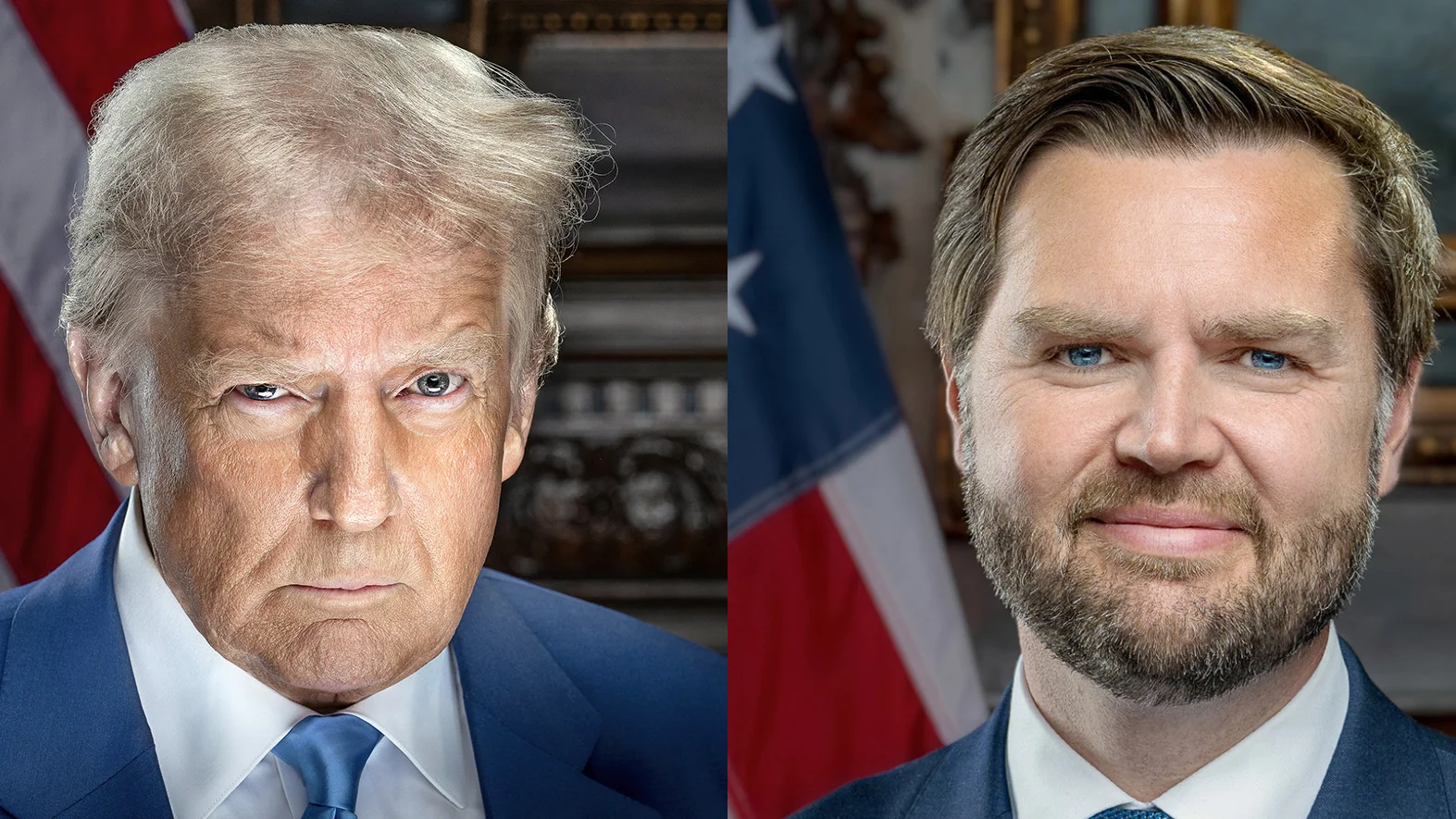The United States government is taking steps to reform the process of nuclear reactor testing under the Department of Energy (DOE). In a recent order, President Donald J. Trump outlined several measures aimed at expediting the development and deployment of advanced nuclear technologies.
The order acknowledges that while the U.S. once led in civilian nuclear power development, progress has stagnated due to regulatory hurdles. "Our proud history of innovation has succumbed to overregulated complacency," it states. The President emphasized the need for a diversified energy supply, declaring nuclear energy vital for modern life and national security.
The Idaho National Laboratory holds primary responsibility for constructing and testing new reactor designs, but new construction ceased in the 1970s. The current administration aims to change this by fostering nuclear innovation domestically. "It is the policy of my Administration to foster nuclear innovation and bring advanced nuclear technologies into domestic production as soon as possible," Trump declared.
Advanced reactors such as microreactors, small modular reactors, and Generation IV reactors are seen as holding revolutionary potential for various industries including healthcare, desalination, and hydrogen production.
Under the order, the Secretary of Energy is tasked with issuing guidance on what qualifies as a test reactor within 60 days. Additionally, regulations will be revised to expedite review processes so that qualified test reactors can become operational within two years after application submission.
A pilot program outside national laboratories will also be established to construct and operate at least three reactors by July 4, 2026. This initiative aims to demonstrate technological viability without producing commercial electric power.
Furthermore, environmental reviews under NEPA will be streamlined with an emphasis on eliminating unnecessary delays in authorizations and permits related to reactor development.
The order concludes with provisions ensuring it does not impair existing legal authorities or create enforceable rights against the U.S. government.





